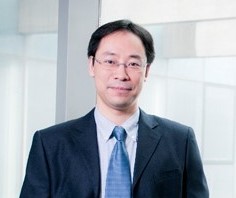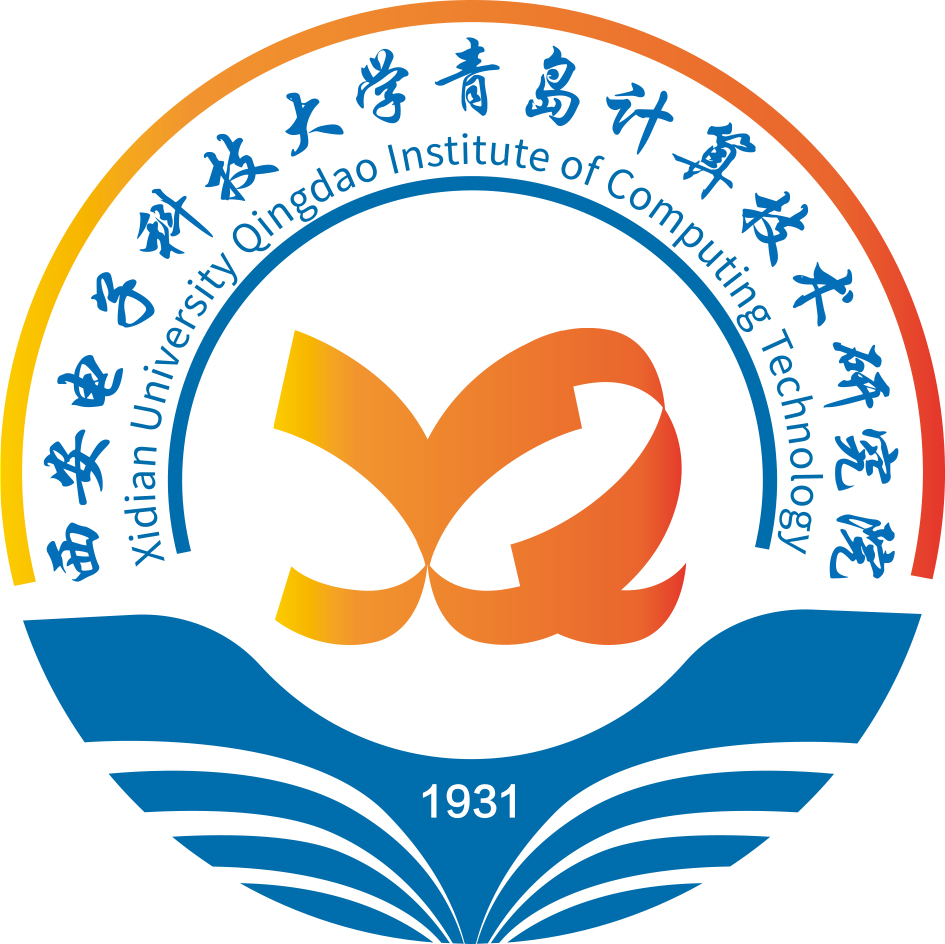Enhancing cyber-physical systems with machine learning
报告摘要:
In the talk, we will introduce the notion of cyber-physical systems (CPS). For CPS, there is a complex interaction between the physical environment, hardware platforms, and the software running on them. We will briefly introduce CPS characteristics as well as challenges for their design. Mechanical, energy, thermal and dependability issues have to be considered, leading to the requirement of multidisciplinary design. Sensors may be providing huge amounts of data requiring sophisticated data analysis in order to generate reliable information.
The collaborative research center CRC 876 at TU Dortmund (see http://sfb876.tu-dortmund.de) addresses the need for data analysis and multidisciplinarity. Its focus is on resource constrained machine learning and its applications. With this focus, it merges fundamentals of embedded systems and machine learning with applications in many scientific areas such as physics, medicine, logistics, and factory automation. In the second part of the talk, we will present exemplary results from cooperative work at the collaborative research center. These results will demonstrate the potential of interdisciplinary research using concrete examples.Final remarks will concern approaches for CPS education.
特邀讲者介绍:

Dr. Peter Marwedel studied physics at the University of Kiel, Germany. He received a Dr. rer. nat. degree in physics in 1974 and a Dr. habil. degree in computer science in 1987. He held a chair for computer engineering and embedded systems at the computer science department of TU Dortmund from 1989 until 2014, where he currently serves as a senior professor. He is chairing ICD, a local spin-off. His research interests include design automation for embedded systems, in particular the generation of efficient embedded and cyber-physical system software. Focus is on energy efficiency, timing predictability, reliability and tradeoffs between design objectives. Dr. Marwedel has published a text book on embedded systems foundations of cyber-physical systems. The book is complemented by videos available on youtube and by publicly available slides. He served as the vice-chair of the collaborative research center SFB 876, aiming at resource-efficient analysis of large data sets. He is an IEEE Fellow, recipient of the Teaching Award at TU Dortmund in 2003, DATE fellowship in 2008, the EDAA Lifetime Achievement Award in 2013, the 2014 ACM SIGDA Distinguished Service Award and the ESWEEK Lifetime Achievement Award in 2014.
报告摘要:
让机器像人一样智能一直是人类的“星辰大海”。人类对智能计算机有过很多设想,随着图灵模型-冯诺依曼结构这一框架的确定和半导体元器件技术飞速发展,算法加速成为智能计算机的主要设计范式。作为设计一台机器的两个核心要素:算法和硬件,在不同阶段尝试中扮演重要角色,二者既互相促进,相互启发又能并行发展,互相牵引。本报告将介绍一种基于感知-判定-决策-执行(OODA)智能处理范式的专用智能计算机设计,包含了关键使能芯片的设计、体系架构设计、编程环境和编程框架设计等。整机设计的出发点是从共性的处理范式入手进行设计,而不是某类算法,能够处理比较复杂的实际应用问题,通过范式的协同加速,减少短板,实现能效、通量等关键性能指标的大幅提升。同时,没有一代新型元器件,难设计一代新型计算机。本报告也将介绍我们的基于Chiplet芯粒构建多模异构和超高算力专用处理器技术,探索突破当前集成电路制造面积墙的设计方法,探索在算力上延长摩尔定律的新架构和新方法。
特邀讲者介绍:
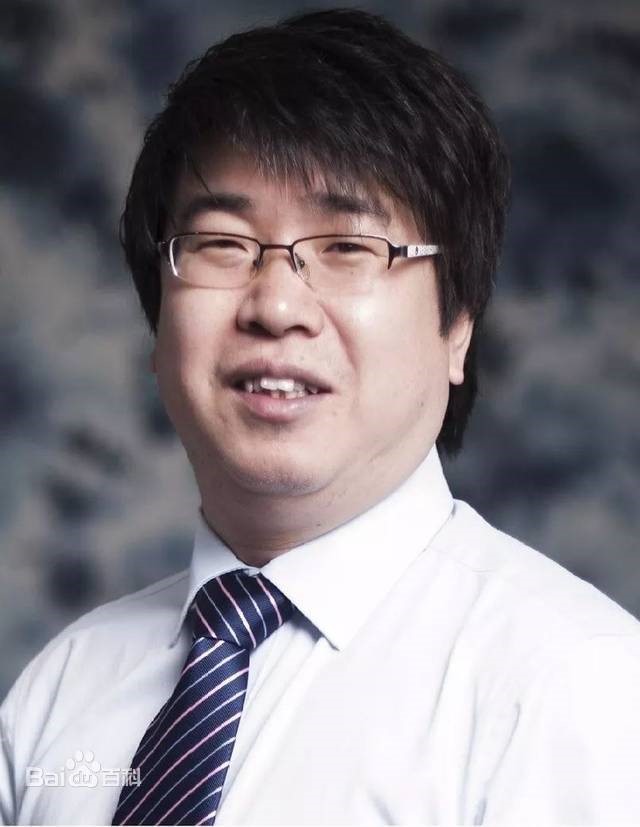
韩银和,中科院计算所研究员,主要研究领域是集成电路设计与测试、计算机体系结构。在这些领域共发表了110多篇学术论文,包含多篇ISCA、HPCA、DAC、ICCAD等体系结构和芯片领域顶级会议论文。韩银和获得过2012年国家技术发明二等奖、全国百篇优博提名(奖)、中科院优博、计算机学会优博等,担任青年计算机科技论坛(CCF YOCSEF)主席(2016-2017),现任中国计算机学会容错专委主任。他的工作获得了国家杰出青年科学基金、基金委优秀青年科学基金项目等资助。
报告摘要:
随着人工智能技术的发展,大型智能模型参数规模越来越大(超千亿量级)、训练样本数据海量。大型智能模型的训练对计算能力提出了迫切需求,也对高性能智能计算系统的体系结构、分布式智能软件框架和算法优化提出了新的重要挑战。报告将分析高性能智能计算的领域应用需求,对高性能智能计算技术的发展态势和关键技术开展探讨。
特邀讲者介绍:
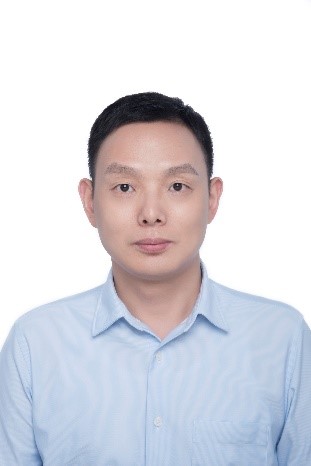
李东升,博士,国防科技大学计算机学院教授、并行与分布处理国家级重点实验室常务副主任。曾获国家杰出青年基金、首批国家优秀青年基金、全国优秀博士学位论文,入选教育部新世纪优秀人才计划。兼任中国计算机学会体系结构专委会副主任、大数据专委会委员等职。主要从事并行与分布式计算、高性能数据中心、数据智能处理等方面研究工作,在《中国科学》、IEEE/ACM Transactions等学术期刊以及USENIX ATC、NSDI、VLDB、EuroSys、IEEE INFOCOM等学术会议上发表学术论文100 余篇,主持研制的系统在国家重要领域得到应用。获国家科技进步二等奖、湖南省自然科学一等奖和中国青年科技奖等。
Cyber-Resilience in Autonomous CPS
报告摘要:
The age of autonomous cyber-physical systems (CPS) is upon us and their influence is gradually increasing in our lives. The desire to build trustworthy autonomous systems, which can attain goals independently in the presence of significant uncertainties and for long periods of time without any human intervention, has always been enticing. Significant progress has been made in the avenues of both software and hardware for meeting these objectives. However, technological challenges still exist and particularly in terms of decision making under uncertainty. In an autonomous system, uncertainties can arise from the operating environment, adversarial attacks, and from within the system. For example, researchers have demonstrated successful spoofing of GPS, radar, lidar, and ultrasonic signals along with attack on cameras. As such, autonomous CPS, which rely heavily on sensing units for decision making remain vulnerable to such attacks. In this talk, I will use two autonomous CPS applications, autonomous vehicle and distributed energy resource, as examples to introduce our latest work in protecting CPS from malicious attacks. Specifically, we will introduce Resilient Distributed Estimator and Risk-Aware Management. Supported by these techniques, we will ensure that autonomous CPS will continue operating even under attacks without interrupting services.
特邀讲者介绍:
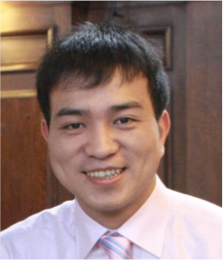
Dr. Yier Jin is the co-chair of the IEEE Hardware Security and Trust Technical Committee (HSTTC). His research focuses on the areas of embedded systems and Internet of Thing (IoT) design and security, trusted hardware intellectual property (IP) cores and hardware-software co-design for modern computing systems. He is also interested in artificial intelligence (AI) security and its applications in hardware domain. Dr. Jin received Young Investigator Grant from Southeastern Center for Electrical Engineering Education (SCEEE) in 2015, early CAREER award from Department of Energy (DoE) in 2016, Outstanding New Faculty Award (ONFA) from ACM's Special Interest Group on Design Automation (SIGDA) in 2017, Young Investigator Award (YIP) from Office of Naval Research (ONR) in 2019, and Ernest S. Kun Early Career Award from IEEE Council on Electronic Design Automation (CEDA) in 2020. He also received the Best Paper Award of the 52nd Design Automation Conference (DAC) in 2015, the 21st Asia and South Pacific Design Automation Conference (ASP-DAC) in 2016, the 10th IEEE Symposium on Hardware-Oriented Security and Trust (HOST) in 2017, the 2018 ACM Transactions on Design Automation of Electronic Systems (TODAES), the 28th edition of the ACM Great Lakes Symposium on VLSI (GLSVLSI) in 2018, the Design, Automation and Test in Europe Conference and Exhibition (DATE) in 2019 and the Asian Hardware Oriented Security and Trust (AsianHOST) in 2020. He is the IEEE CEDA Distinguished Lecturer and a senior member of IEEE.

